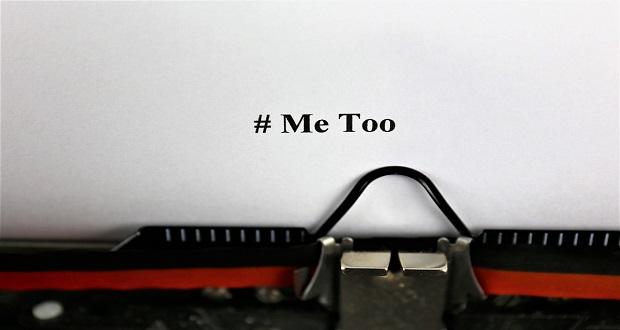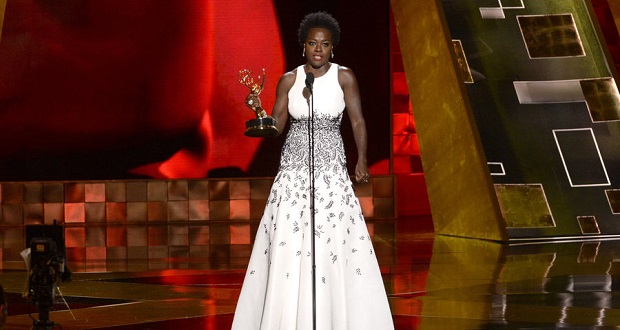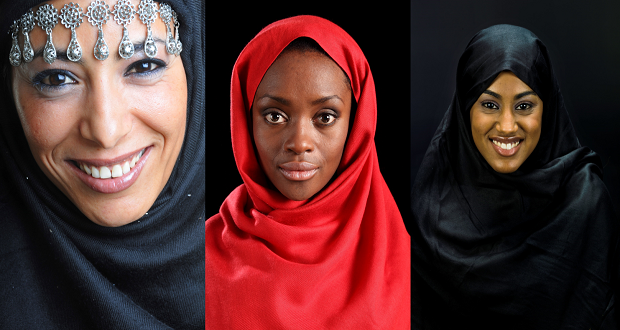
The #MeToo movement has created a necessary disruption of our male dominated culture. Below are some things I’ve been thinking about in light of this movement from which I hope we can all learn.
Nuance is necessary, but we have to understand black and white first
As we have this cultural conversation, many people — Matt Damon, anyone? — have pointed out the “nuances” by saying things like, “There’s a difference between slapping someone on the butt and raping them.” The thing is… duh! We all know this; however, both are part of a larger culture that treats women like objects rather than people, and right now, we may need to focus on saying both are bad before we start differentiating. I agree that that this may be important when we talk about punishment and that if we banish every person who has slapped women in the butt, we may face a strong cultural backlash (like the one we’re seeing now as Trump sits in office after President Obama). But right now, when for the first time women are speaking out in mass, we should not dictate how they do that, limit the kinds of stories they tell, or further silence them by saying, “Your pain is not that bad. The man you accused is not as bad as Harvey Weinstein.”
Listen. Listen. Listen. Listen. And believe.
This one may speak for itself, but the point is, women are speaking right now in unprecedented numbers, and we should sit back and listen, because they have the answers to the pain they carry.
Your experience does not dictate others’ experiences.
Many of us know good men — men who we assume based on their character would never harm or harass women. But that’s the thing about a toxic culture: even good men can be a part of it, potentially without even knowing. Think of Aziz Ansari. This feminist, golden globe winning director and writer who has made a living off being the good guy still did not know how to listen and respect a women’s voice and deeply harmed her. So, when we think to ourselves, “My experience with that person has always been good,” consider that we may not know the full picture. Should we distrust all men? No. But, we should believe women even when they’ve been harmed by “good” men (Are you paying attention, Lena Dunham?).
This problem is systemic. It cannot be fixed with meritocracy. The answer is more women and more allies.
We need more women in leadership in all industries. Period. Women and allies need to be in positions of power to begin rebuilding this culture from the top down. Although #MeToo was a grassroots internet moment, it is women in positions of power who elevated it and made sure that this moment becomes a movement that reaches all industries and all levels of workers. For example, Times Up, the movement of women in Hollywood, powerfully creates ties between activists on the ground in less visible communities and the resources and voices of women who are the most visible in our society. We need more partnerships like this to elevate the stories of women, especially women of color, who have been doing this work for decades.
Deconstructing racism and sexism must go hand in hand.
White women cannot dominate this movement. Tarana Burke, a Black women, started this movement back in 2006, but it was turned into a hashtag social media movement by a white actress with, initially, little recognition for Burke’s work. As we move into the phase of this movement that goes beyond hashtags, we must acknowledge the ways that race and gender intersect. White women have to take a step back and face their privilege head on in order for this to be an inclusive movement that not only breaks down gender hierarchies, but also breaks down the racism that allowed Harvey Weinstein to deny only the stories of his accusers who are women of color. This is the racism that leave women of color more vulnerable and less believed. This is the racism that breaks down our ability to work towards a common goal.


















